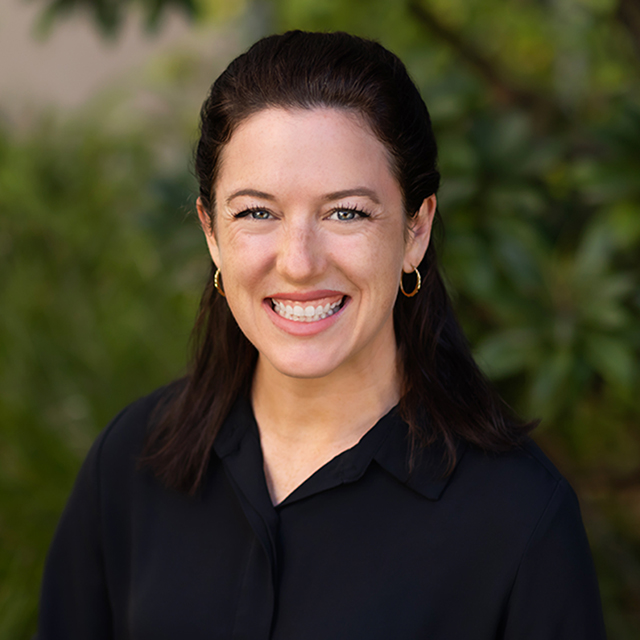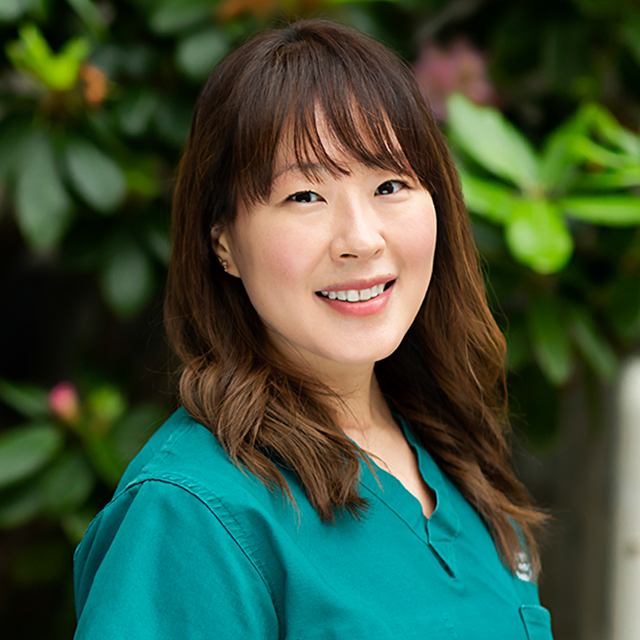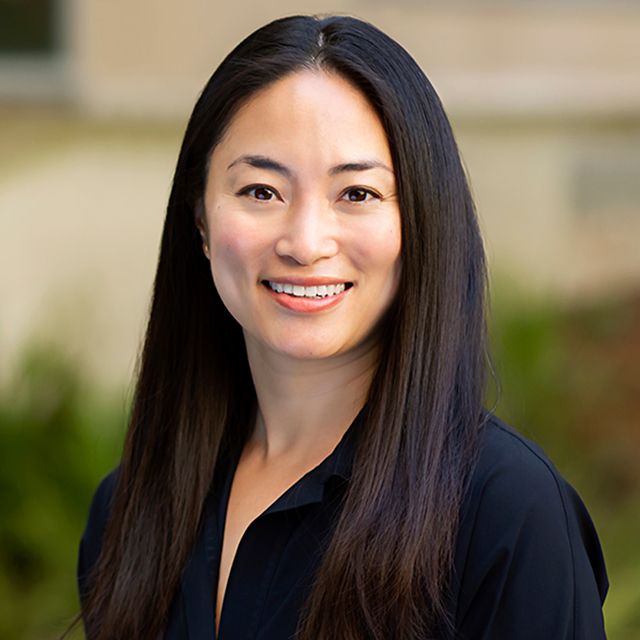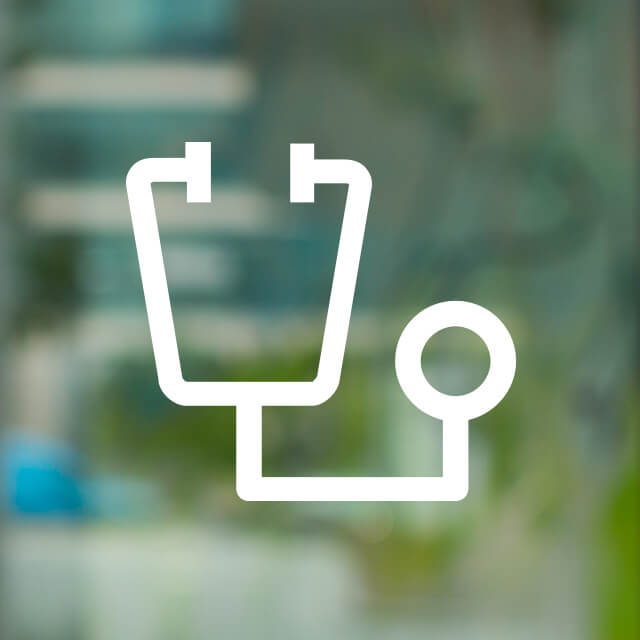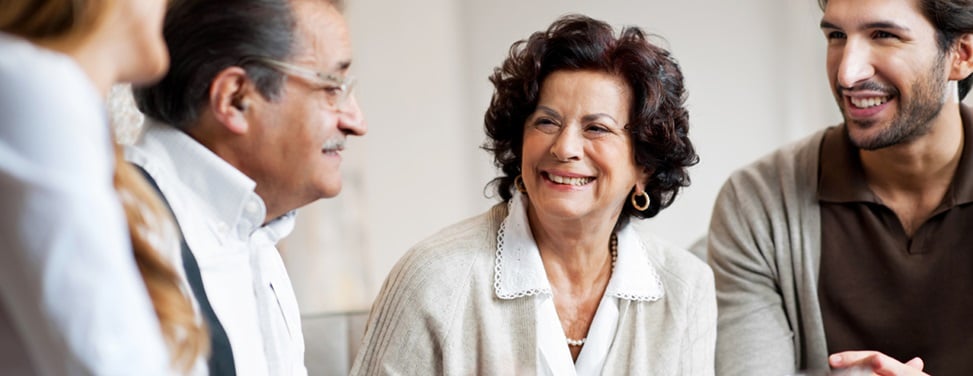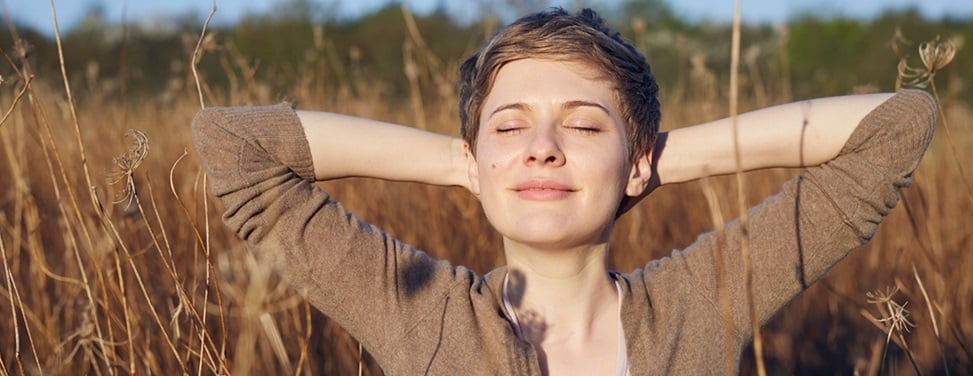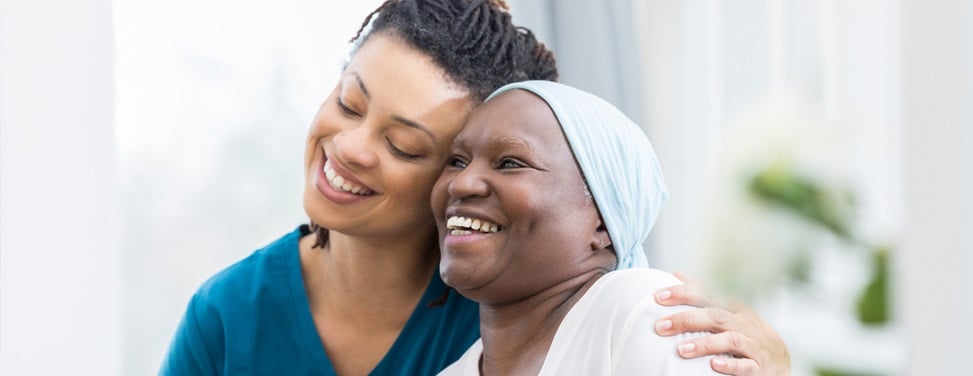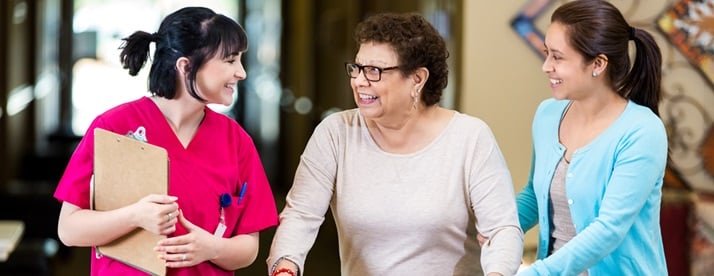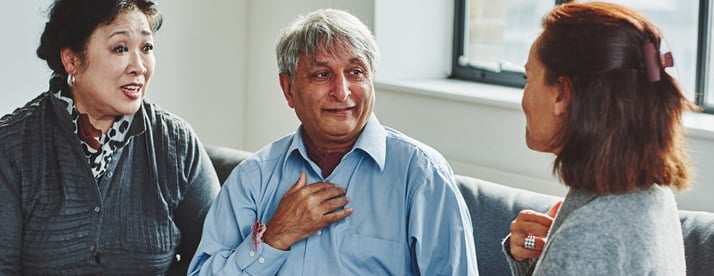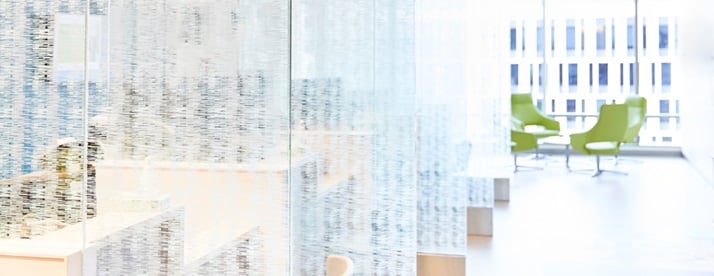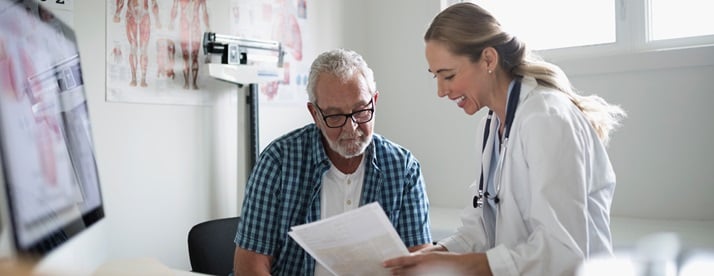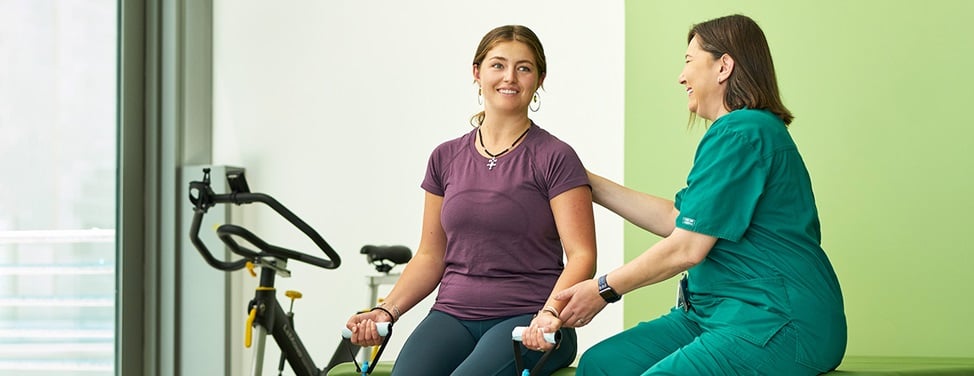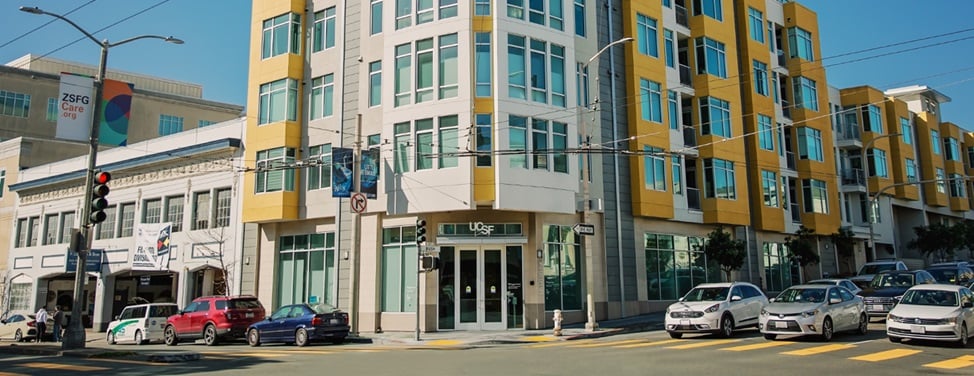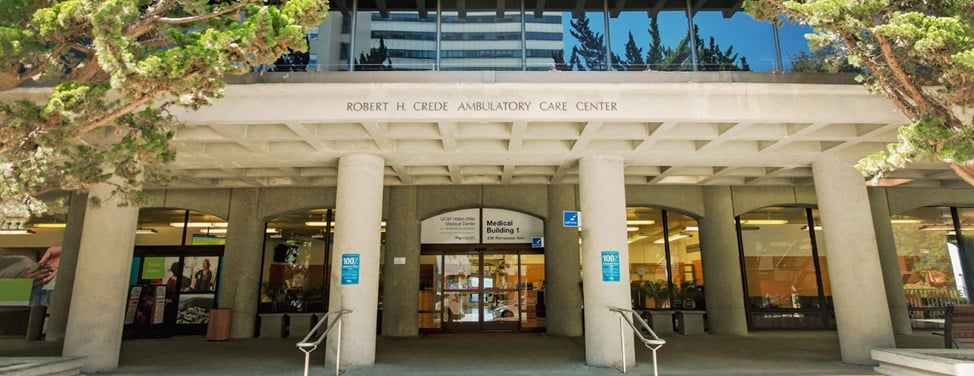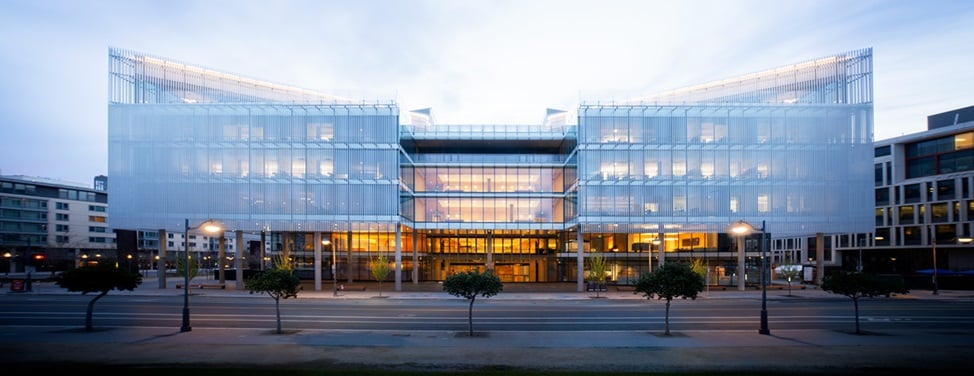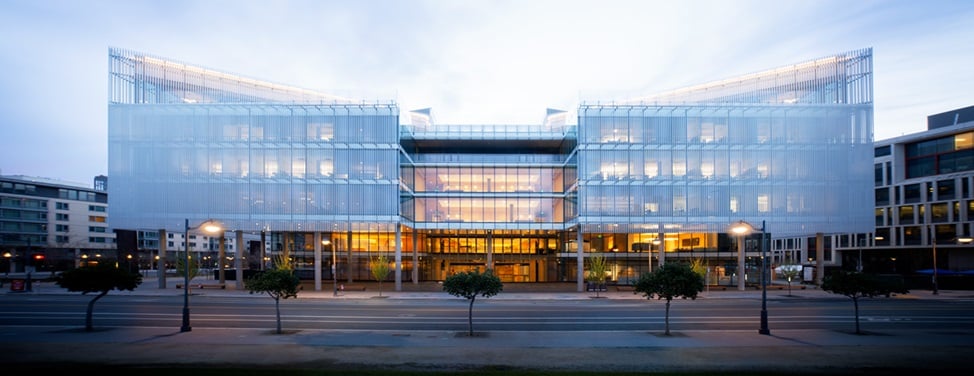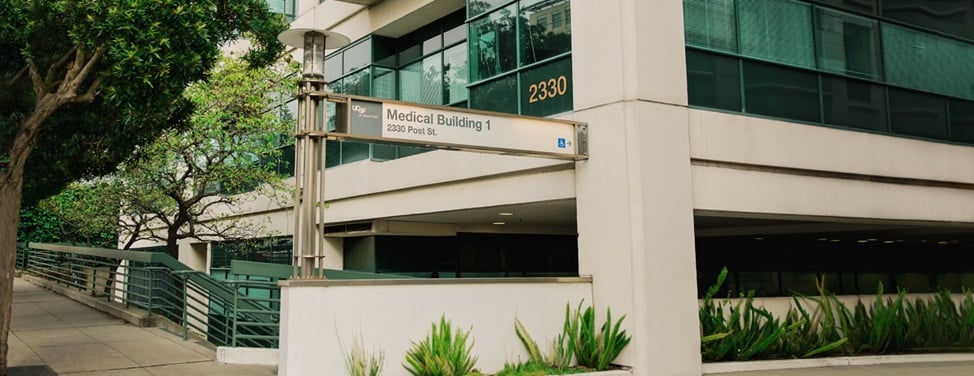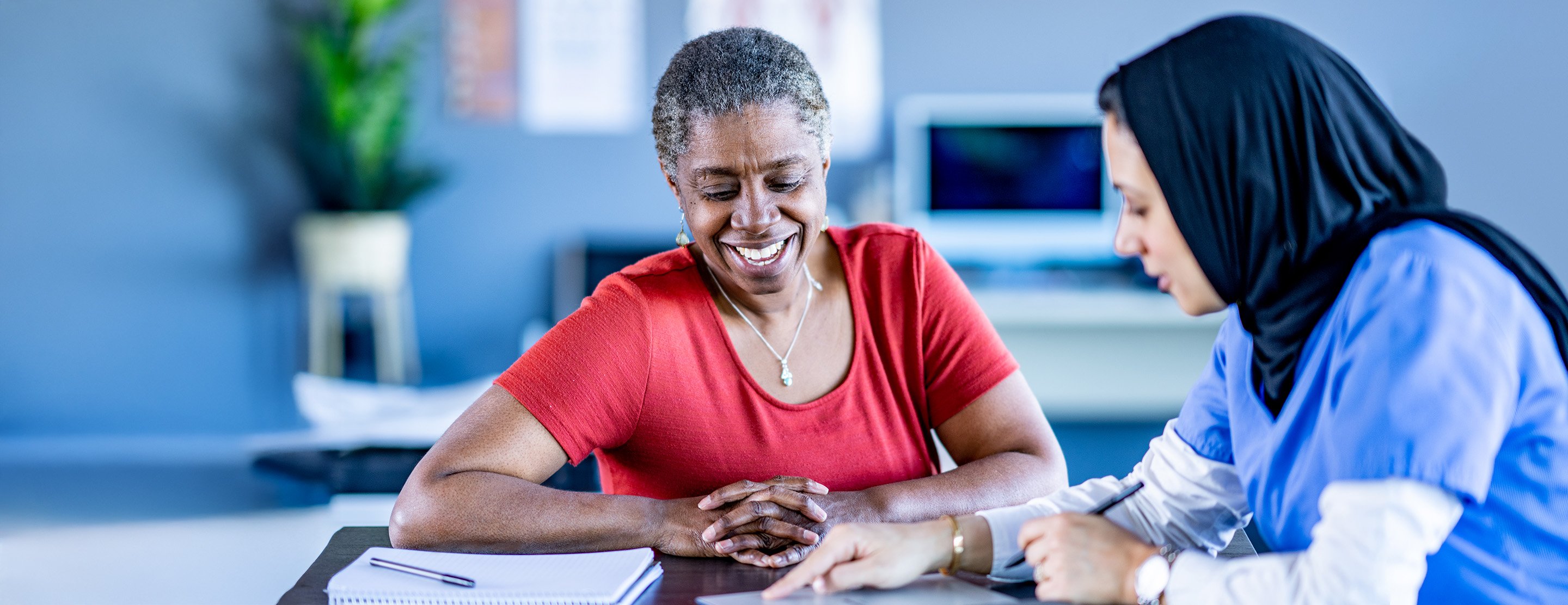
Speech-Language Pathology
The specialists of UCSF Speech-Language Pathology care for patients with speech, language, cognitive or swallowing changes associated with neurological conditions. We start by assessing your individual needs and goals, then tailor treatments accordingly. Our speech therapy objectives include enhancing your functional abilities at home and in your community, supporting you in successfully returning to work, and improving your quality of life. We are embedded in several neurological specialty clinics, allowing us to work closely with your other providers to ensure comprehensive, integrated care.
We have speech therapy expertise in a range of disorders, including:
- Aphasia (difficulty with expressing or understanding language)
- Attention, memory, problem-solving and executive dysfunction
- Aural rehabilitation (improving communication for those with hearing loss)
- Brain injury (including concussions and other traumatic brain injuries)
- Dysarthria (difficulty speaking due to weak speech muscles)
- Motor speech disorders, including apraxia (inability to perform tasks or movements despite comprehension and willingness) and dysfluency (disruptions in speech flow, such as stuttering)
- Social (pragmatic) communication disorder (when brain injury impacts a person's abilities to use language and other methods to communicate)
- Functional changes related to neurological disease
- Communication disorders caused by Parkinson's disease
We are skilled at assessing and working with patients who use low- or high-tech solutions for augmentative and alternative communication. In addition, our providers are certified in SPEAK OUT! therapy for patients with movement disorders, including Parkinson's disease.
For your convenience, you may have the option of telehealth services (video visits).
Pediatric speech therapy is available at UCSF Benioff Children's Hospital Oakland.
Adult patients with ear, nose and throat disorders can find speech-language care at the Voice and Swallowing Center.
Our locations (2)
Our team
Clinical trials
Enroll -HD: A Prospective Registry Study in a Global Huntington's Disease Cohort
The motor section of the UHDRS assesses motor features of HD with standardized ratings of oculomotor function, dysarthria, chorea, dystonia, gait, and postural stability. UHDRS 99 Motor, UHDRS Diagnostic Confidence Level.
Recruiting
CRISPR Delivered Anti-BCMA Car-T Therapy for Relapsed or Refractory Multiple Myeloma
Proportion of participants with treatment-emergent adverse events of CAR-T in RRMM as graded by National Cancer Institute Common Terminology Criteria for Adverse Events (NCI CTCAE version 5.0), revised Cytokine Release Syndrome (C...
Recruiting
A Multicenter Access and Distribution Protocol for Unlicensed Cryopreserved Cord Blood Units (C...
The primary objective of this access and distribution protocol is to examine the incidence of neutrophil recovery of ≥500/mm3 after cord blood transplantation in a multi-institution setting using CBUs that are not FDA licensed.
Recruiting
Support services
Plan your visit
What to Bring
- Photo I.D.
- Health insurance card
- Insurance authorization, if required
- Doctor's referral, if required
- Recent test results related to your condition
- List of your medications, including dosages, plus any you're allergic to
- List of questions you may have
- Device or paper for taking notes






